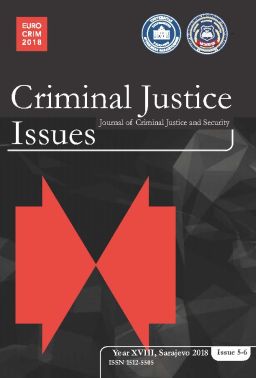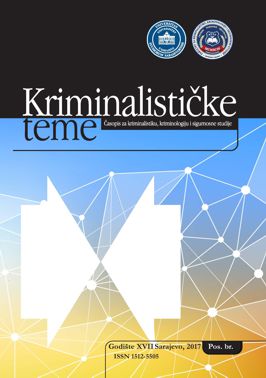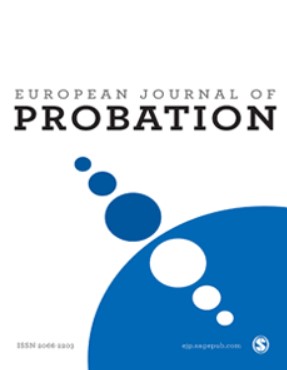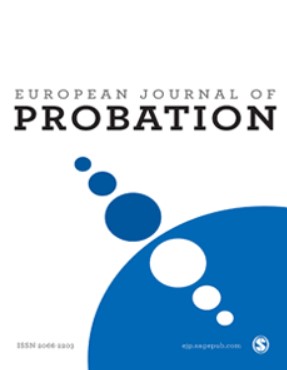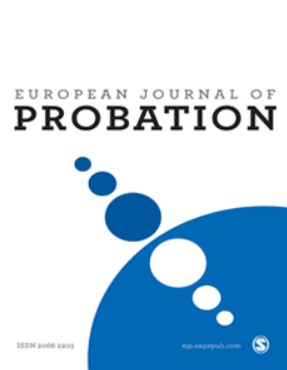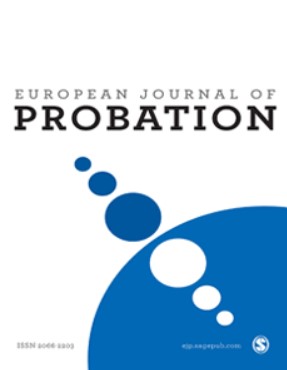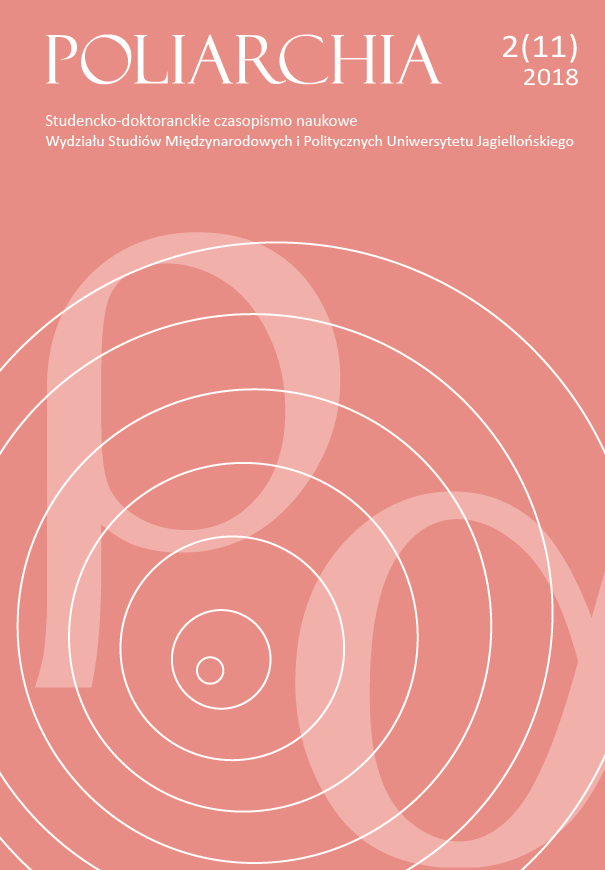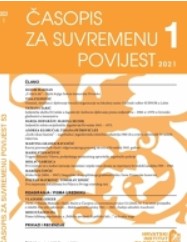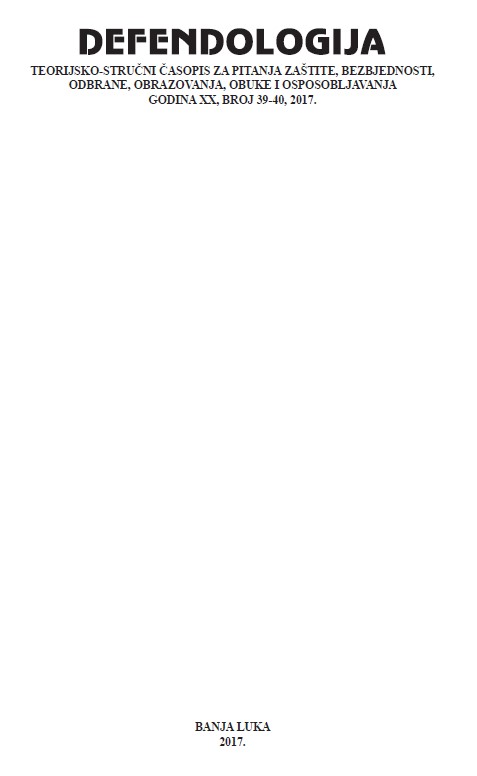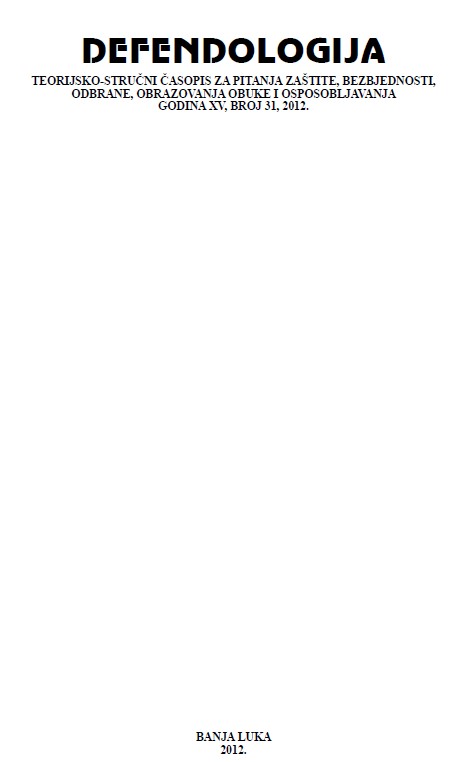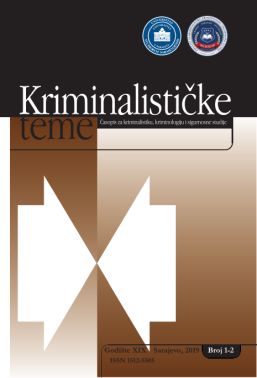
“KAKVI RODITELJI - TAKVA DJECA”: SISTEMATSI PREGLED MEĐUGENERACIJSKE TRANSMISIJE KRIMINALNOG I ANTISOCIJALNOG PONAŠANJA
Reason for writing and research problem(s): Criminological research in the field of intergenerational (dis)continuity has shown that children whose parents externalize their criminal or antisocial behavior have a greater chance to show the same behavior in childhood and/or in later phases of development. Intergenerational criminology is searching for answers to replication or transmission (or lack thereof) of antisocial and criminal behavior through generations - from the parental to next-generation. Although a large fund of knowledge exists, there is lack of literature on intergenerational criminology in the Balkans, especially in Bosnia and Herzegovina. Aims of the paper (scientific and/or social): The aim of this paper is to fill the gap in the Criminological literature in the Balkans, but also to systematically describe current research, and to explain the theoretical mechanisms of intergenerational transmission (and empirical verifications thereof).Methodology/Design: Content analysis of the relevant literature in the field of intergenerational criminology is a method of choice. The relevant literature for analysis was selected from the bibliography of the meta-analysis of intergenerational transmission of criminal behavior (Besemer et al., 2017b), then searched online, retrieved and analysed. After the analysis, the same steps have been repeated. Prior to the reading of selected literature, an abstract, introduction and/or a conclusion was analysed to determine whether the publication refers to the intergenerational transmission of criminal and antisocial behavior. Only literature that contained the terms: intergenerational transmission, continuity, family, children, risk factors and resilience in the title or keywords or synopsis of the publications (i.e. manual search and selection) was selected for the analysis. Moreover, online databases and internet (meta) search engines (e.g. Google Scholar, Web of Science) were used to search for (additional) literature that was not available in the bibliography of the analyzed articles. Research strategy used by Besemeret al. (2017b) was employed, in particular keywords: intergeneration* ili cross generation*ili multi-generation* ili generation* ili transmiss* ili continuity i parent* ili father* ili mother* ili child* ili offspring* ili son* ili daughter* i crim* ili delinquent*ili convict* ili antisocial* ili offend* ili violent* ili aggress* (ie automatically generated search). Only relevant papers with metrics of at least 10 citations, determined with i 10-index, were selected. Certainly, there are numerous papers that could have been included but are not mentioned anywhere because of the limited scope of this paper.
More...
